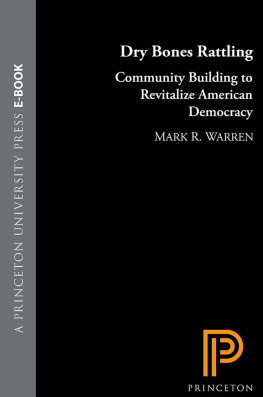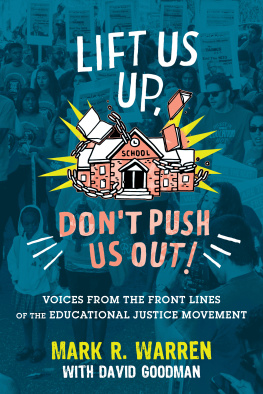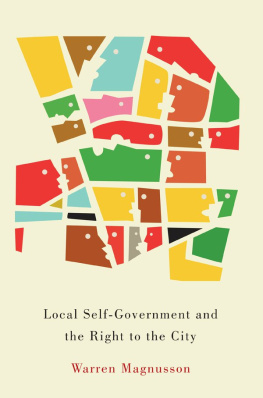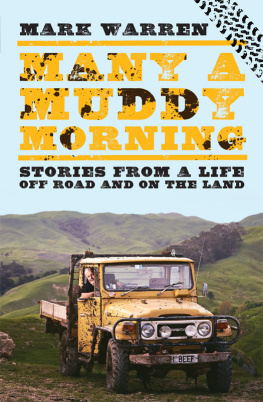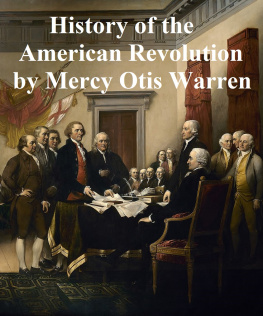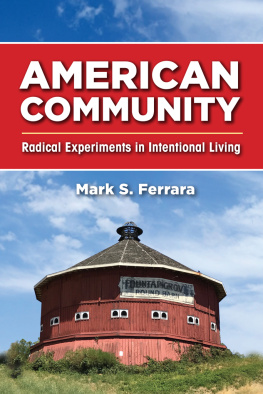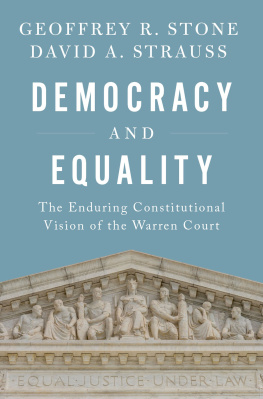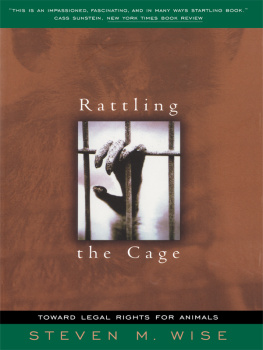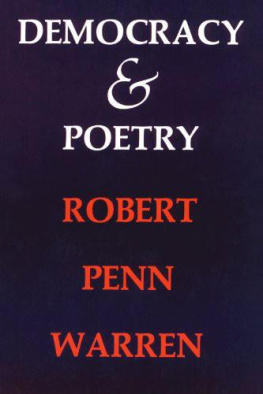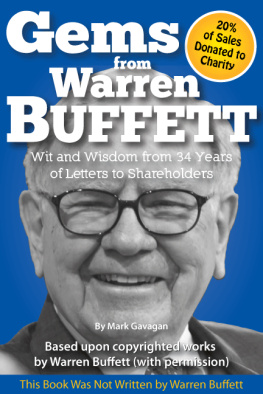DRY BONES RATTLING
PRINCETON STUDIES IN AMERICAN POLITICS:
HISTORICAL, INTERNATIONAL, AND COMPARATIVE PERSPECTIVES
SERIES EDITORS
Ira Katznelson, Martin Shefter, Theda Skocpol
A list of titles
in this series appears
at the back of
the book
Copyright 2001 by Princeton University Press
Published by Princeton University Press, 41 William Street,
Princeton, New Jersey 08540
In the United Kingdom: Princeton University Press,
3 Market Place, Woodstock, Oxfordshire OX20 1SY
All Rights Reserved
Library of Congress Cataloging-in-Publication Data
Portions of appeared in Beyond Tocqueville: Civil
Society and Social Capital in Comparative Perspective, in American
Behavioral Scientist 42 (September 1998), edited by Bob Edwards
and Michael W. Foley, copyright 1998 by Sage Publications, Inc.
Warren, Mark R., 1955
Dry bones rattling : community building to revitalize
American democracy / Mark R. Warren.
p. cm. (Princeton studies in American politics)
Includes index.
ISBN 0-691-07431-3 (alk. paper)
ISBN 0-691-07432-1 (pbk. : alk. paper)
1. Community organizationTexas. 2. Community development,
UrbanTexas. 3. Community organizationSouthwestern States.
4. Community development, UrbanSouthwestern States.
5. Industrial Areas Foundation. I. Title. II. Series.
HT176.T4 E37 2001
307.09764dc21 00-061147
Photo credits: used with permission,
San Antonio Express-News. , Alan Pogue,
Texas Center for Documentary Photography.
This book has been composed in Sabon.
Printed on acid-free paper.
ISBN-13: 978-0-691-07432-0 (pbk.)
www.pup.princeton.edu
Printed in the United States of America
10 9 8 7 6 5 4 3 2 1
10 9 8 7 6
(Pbk.)
Preface
AT THE very time that democracy appears to have triumphed on the world stage, it faces a profound crisis at home in America. Many Americans have simply lost faith in the ability of traditional forms of democratic politics to address the most critical questions facing their families and communities. In response to our democratic malaise, Americans across the political spectrum have been looking for ways to revitalize American politics. But gains seem hard to come by. If we could just make it easier to register to vote, some argue, then more people will go to the polls. If our parties would just develop a platform that spoke to the interests of working Americans, others say, then they would gain peoples support. If we could just find the right issue, then people would swing into action. But liberalized registration laws, and the constant search for better party platforms and important issues, never seem to result in engaging Americans very broadly, particularly those most often excluded in low-income communities of color.
I started this study out of frustration with our current understanding of how to revive American politics. While volumes have been written about the causes for lack of participation, there were surprisingly few studies of promising new models for democratic action. I decided to study an effort that appeared to be having a significant degree of success. I chose to study the work of the Industrial Areas Foundation (IAF) in Texas and the Southwest because, from what I had heard or read, the network involved indigenous community leaders in a type of political action that appeared to be making a real difference for inner-city communities.
In the IAF I found a group of committed people of faith striving to forge a new way to conduct politics, one that reached deeply into communities to address the heartfelt concerns of families struggling to raise their children. The network has found a way to engage the kind of person so often left out of elite-dominated politics, particularly Hispanic and African American women active in the daily life of their churches and communities. Moreover, the network brought together Hispanic, black, and white residents to cooperate on issues that affect their communities, a relatively rare phenomenon in American politics.
I found that the leaders of IAF organizations were active in a rich array of community building and political activities, forging ties with their neighbors, conducting research, developing their own programmatic initiatives, and leading political battles to launch them. The IAF appeared to engage the energy and commitment of people to improve their communities, an energy that appears to be growing in America even as traditional forms of political involvement decline. Rather than start at the top with the right issue or party platform, the IAF was working to reconstruct politics by infusing it with ideas, commitments, and strength at the bottom.
Just as I began my research on the IAF network, Robert Putnam published the results of his study of governance in Italy. Normally, a study of regional government effectiveness in Italy might be thought to hold little bearing on the problems of American democracy. Yet I found in this study an important starting point for understanding the organizing work of the Texas IAF. In his book on Italy, Putnam argues that social capital provided the key to making democracy work. Social capital refers to features of social organization such as networks, norms, and social trust that facilitate coordination and cooperation for mutual benefit. Putnam shows that Italian communities rich in trust and cooperative associations have more effective government and even healthier economic development compared to those with low levels of such social capital. Applying the concept to the United States, I began to consider the IAFs strategy as an effort to make democracy work by engaging people in politics through their participation in the stable institutions of community life, especially religious congregations.
I became determined to identify the lessons that could be learned from the interfaith network for those who care about revitalizing democracy and rebuilding our most troubled communities. The main lesson to be learned is simple: a key to renewing American politics is to rebuild its foundations in the values and institutions that sustain community. How to do that, in a way that is broadly inclusive and brings effective power to community action, is a more complicated matter. That is what this book is about.
My experiences studying the IAF and writing this book have made me more hopeful about American civic and political life. I see the possibilities and rewards of value-based politics, of multiracial collaboration, of patient relationship building in local communities. But I also see the challenges ahead, if community-building efforts like the IAF are to become a serious national force for political renewal. I hope that this book will take us a step closer to that goal.

